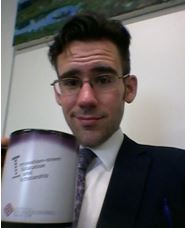
When journals retract a paper but don’t explain why, what should readers think? Was the problem as simple as an administrative error by the publisher, or more concerning, like fraud? In a recent paper in Research Policy, economists led by Adam Cox at the University of Portsmouth, UK, analyzed 55 retractions from hundreds of economics journals, mostly issued between 2001 and 2016. (Does that number sound low? It should — a 2012 analysis of retractions in business and economics found they are a relatively rare occurrence.) In the new paper, Cox and his colleagues analyzed how many notices failed to provide detailed information, the potential costs of these information gaps, and what journals should do about it.
Retraction Watch: You used “rational crime theory” to analyze retraction notices and their consequence to offenders in economics. Could you explain briefly how rational crime theory works in this context?
Continue reading Why detailed retraction notices are important (according to economists)
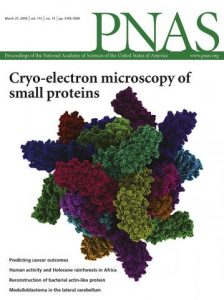
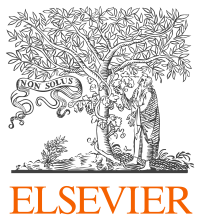



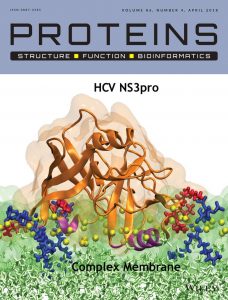
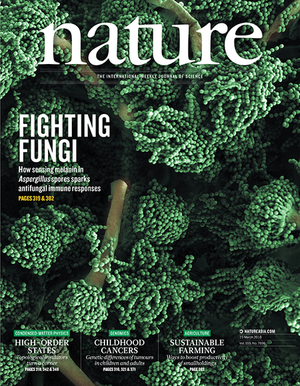 How much role did a potentially problematic paper play in the demise of a once-promising compound?
How much role did a potentially problematic paper play in the demise of a once-promising compound?